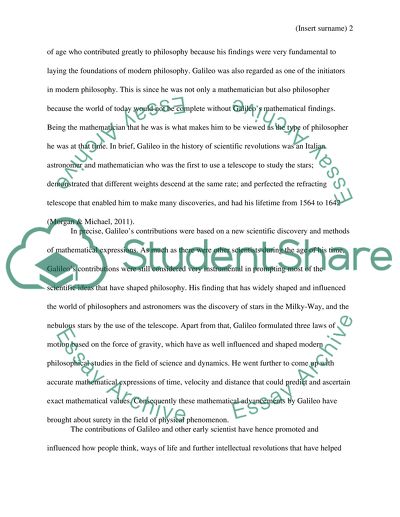Cite this document
(“Scientific background to Modern philosophy Research Paper”, n.d.)
Retrieved from https://studentshare.org/history/1473269-scientific-background-to-modern-philosophy
Retrieved from https://studentshare.org/history/1473269-scientific-background-to-modern-philosophy
(Scientific Background to Modern Philosophy Research Paper)
https://studentshare.org/history/1473269-scientific-background-to-modern-philosophy.
https://studentshare.org/history/1473269-scientific-background-to-modern-philosophy.
“Scientific Background to Modern Philosophy Research Paper”, n.d. https://studentshare.org/history/1473269-scientific-background-to-modern-philosophy.


